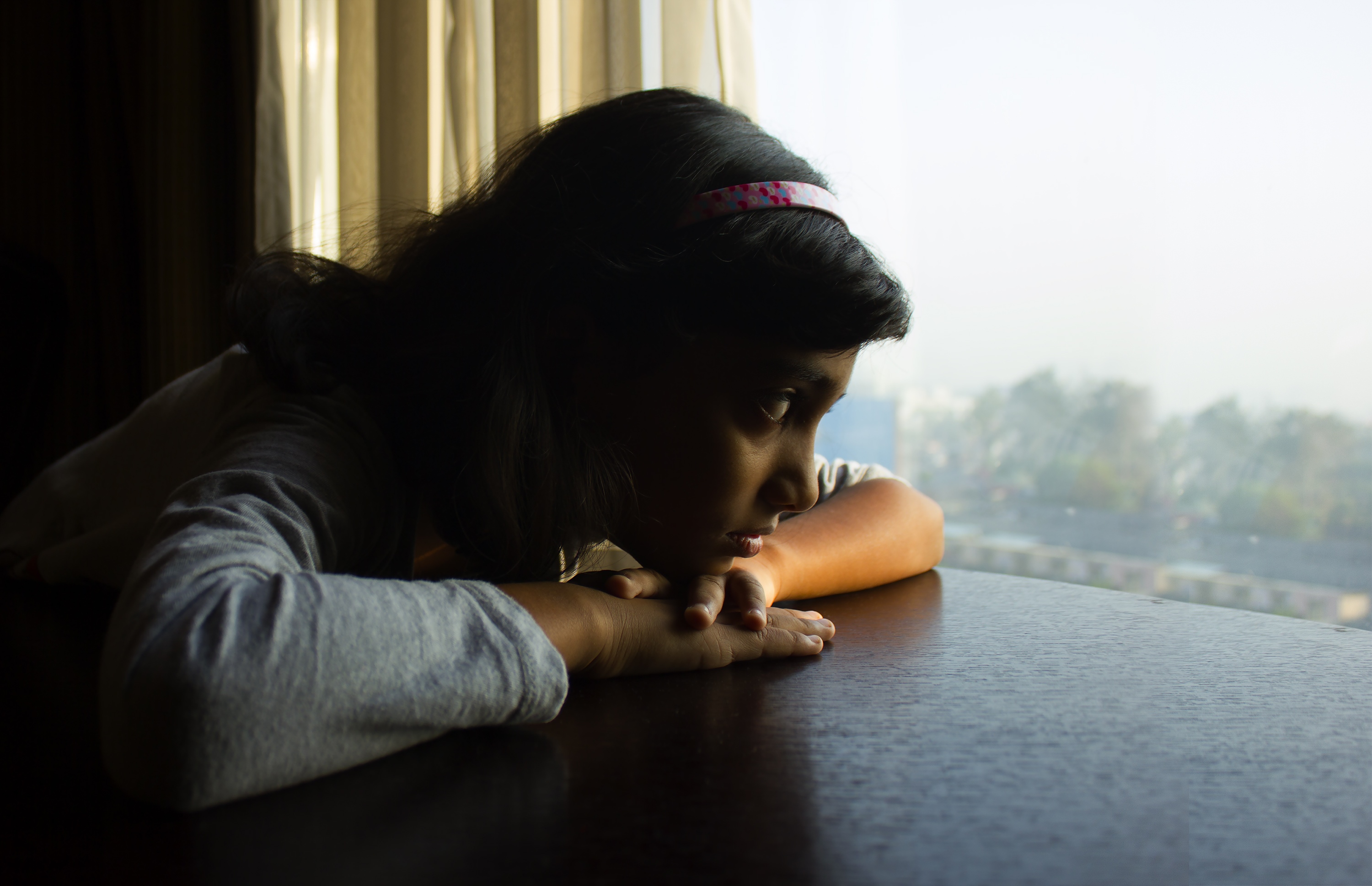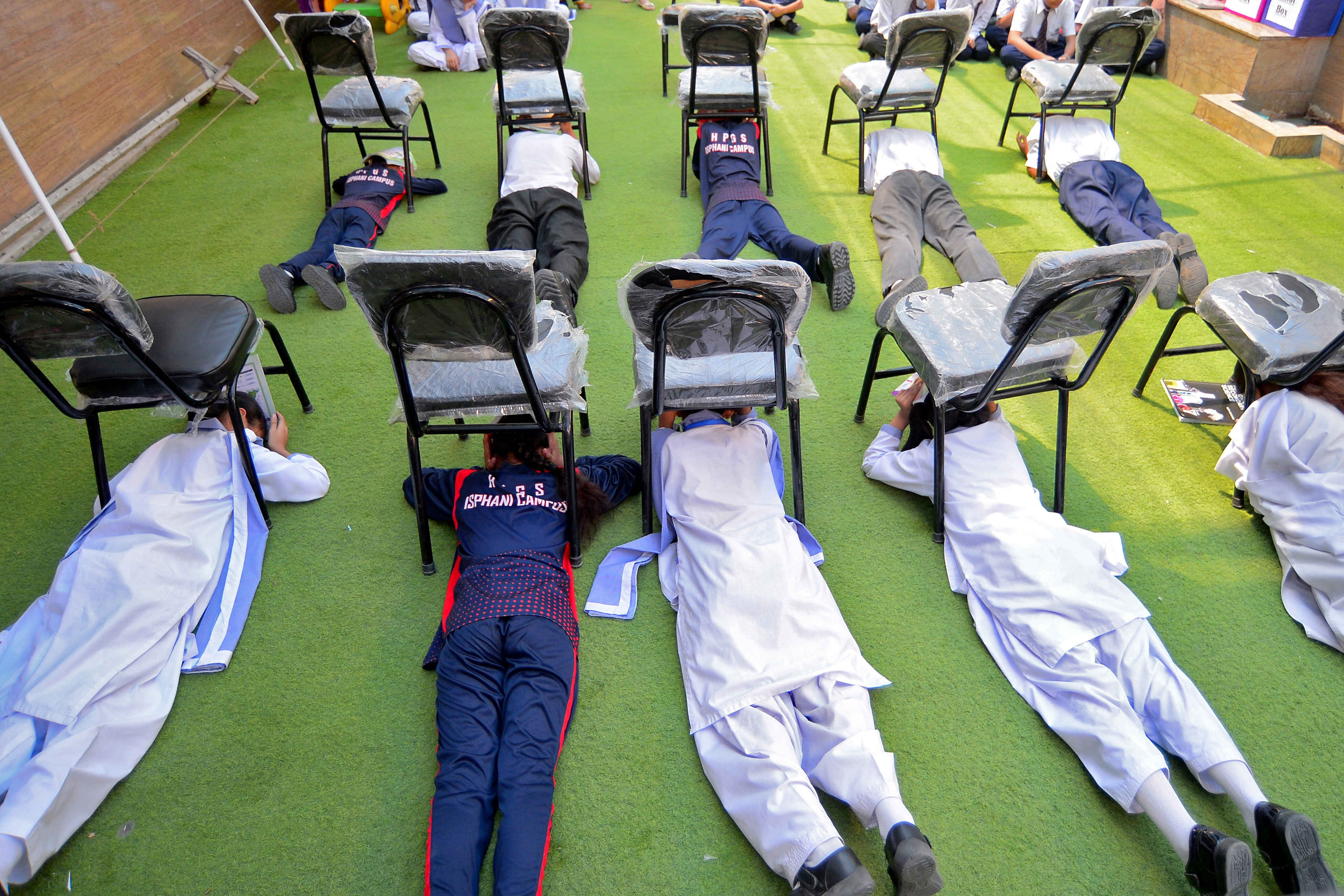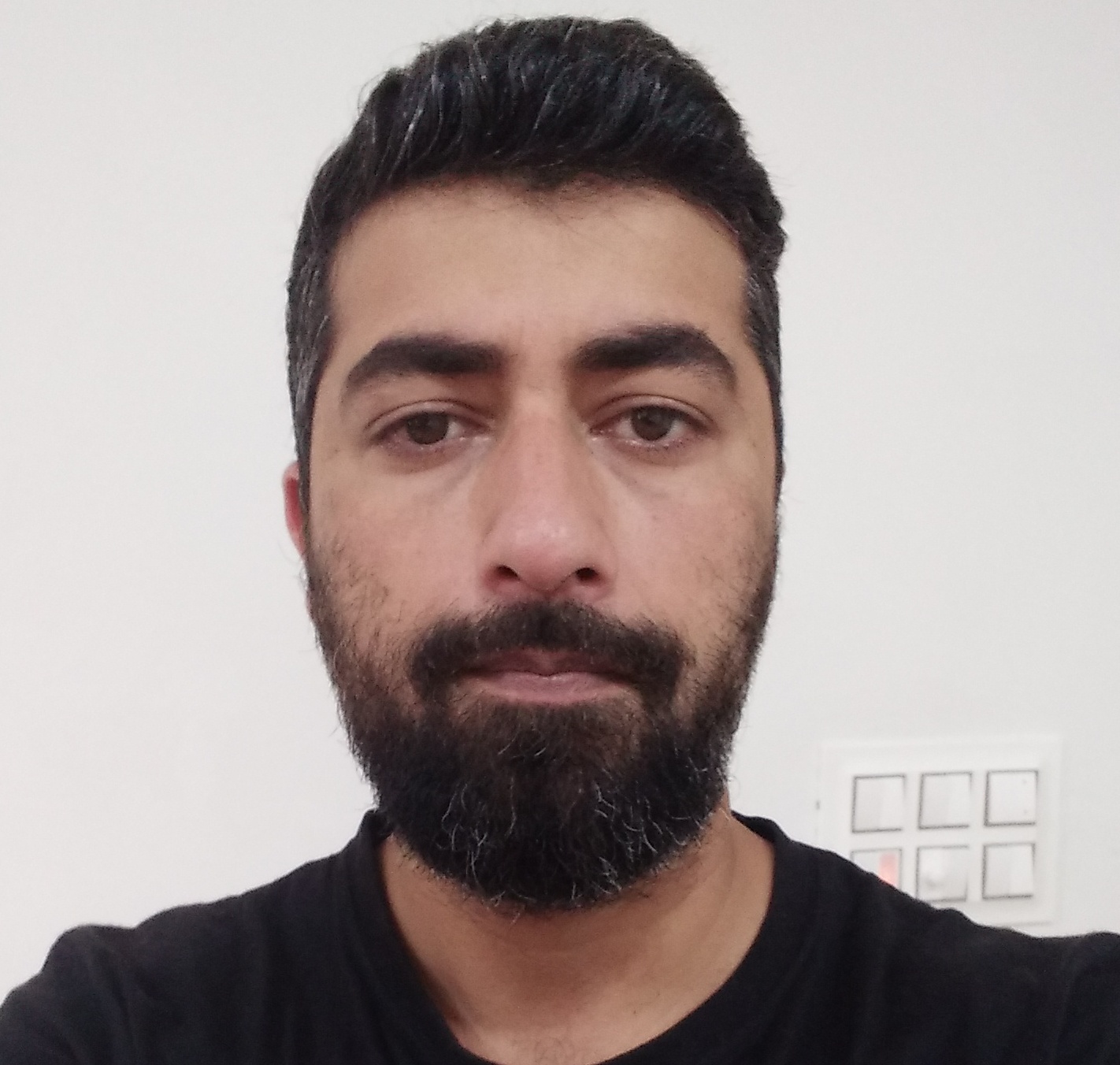Al Jazeera Journalism Review
Canadian Journalists for Justice in Palestine: A Call to Name the Killer, Not Just the Crime
How many journalists have to be killed before we name the killer? What does press freedom mean if it excludes Palestinians? In its latest strike, Israel killed an entire Al Jazeera news crew in Gaza—part of a systematic campaign to silence the last witnesses to its crimes. Canadian Journalists for Justice in Palestine (CJJP) condemns this massacre and calls on the Canadian government to end its complicity, uphold international law, and demand full accountability. This is not collateral damage. This is the targeted erasure of truth.
Anas Al Sharif; Killed by Israel, but His Final Words Will Echo far Beyond His Death
For over a year and a half, Anas Jamal al-Sharif refused to leave northern Gaza, documenting the destruction and loss that others tried to hide. Tonight, Israel silenced his voice, but his final words, written on April 6, will echo far beyond his death.
Intersections of Journalism and Social Sciences in the Field
The field is where journalism and the social sciences meet at their most dynamic edge. As the world grows more complex, journalists increasingly take on the role of sociologists, without abandoning their core mission to question power and expose uncomfortable truths. By drawing on the methods and insights of social science, journalism deepens its coverage, grounds stories in real-world contexts, and resists the temptation of surface-level narratives.
The Human Story in Gaza: The Deadly Dilemma of “Who Do We Tell About?”
In the accelerating context of genocide, is the “pace” of death in Gaza outstripping journalists’ ability to capture human stories? How can they be expected to take their time crafting narratives amid hunger, displacement, and death? And to what extent can postwar documentation hold journalistic value in preserving collective memory and pursuing accountability for the perpetrators?
Monitoring of Journalistic Malpractices in Gaza Coverage
On this page, the editorial team of the Al Jazeera Journalism Review will collect news published by media institutions about the current war on Gaza that involves disinformation, bias, or professional journalistic standards and its code of ethics.
The Battle to Keep Journalists Alive in Gaza
Hungry journalists covering the story of starvation in Gaza, surviving on salt to stay alive, selling their work equipment to secure a “sack of flour” for their children, shedding the “shame” of publicly asking for food, and enduring the harshest media environment just to maintain “continuous coverage”.
Balancing Productivity and Privacy: How Female Journalists Use AI Chatbots
Female journalists in Jordan are harnessing AI chatbots to boost productivity, enhance digital safety, and find emotional support, but their growing reliance also raises critical concerns about privacy, ethics, and the responsible use of emerging technologies in journalism. This article explores how these tools are reshaping their workflows while navigating the challenges of trust and accountability.
In the War on Gaza: How Do You Tell a Human Story?
After nine months of genocidal war on Palestine, how can journalists tell human stories? Which stories should they focus on? And does the daily, continuous coverage of the war’s developments lead to a “normalisation of death”?
How Much AI is Too Much AI for Ethical Journalism
As artificial intelligence transforms newsrooms across South Asia, journalists grapple with the fine line between enhancement and dependency
How to Tell the Stories of Gaza’s Children
Where does compassion end and journalism begin? How can one engage with children ethically, and is it even morally acceptable to conduct interviews with them? Palestinian journalist Reem Al-Qatawy offers a profoundly different approach to human-interest reporting. At the Hope Institute in Gaza, she met children enduring the harrowing aftermath of losing their families. Her experience was marked by intense professional and ethical challenges.
How Is Western Media Framing the Famine Catastrophe in the Gaza Strip?
Can the media subject the issue of famine in Palestine to so-called professional balance even after UN agencies and the International Court of Justice have acknowledged it? Why have many Western media outlets avoided precise legal and ethical terms such as “famine” or “starvation,” opting instead for vague expressions like “food shortage” or “nutrition crisis”? Doesn’t this practice reflect a clear bias in favor of the Israeli narrative and serve to justify the policy of “systematic starvation”?
Newspapers: An Industry Adapting to Survive Through Digital Transformation
As digital transformation reshapes the media landscape, newspapers in Cameroon are navigating unprecedented challenges and opportunities. This evolution compels them to adapt their strategies to engage a new generation of readers amidst fierce online competition, decreasing government subsidies, and a decline in print sales.
The Mental Toll on India’s Minority-Focused Freelance Journalists
Freelance journalists in India, particularly those reporting on marginalised communities and conflict zones like Kashmir, endure immense emotional and psychological strain, often without any institutional support. What are the hidden costs of reporting on violence, where telling the truth can come at a steep personal price?
Journalism Associations' Fragmentation Weakening Press Freedom in Cameroon
Cameroon's fragmented media landscape has weakened collective advocacy, allowing government repression of journalists to go largely unchallenged. As press freedom declines, voices like Samuel Wazizi's are silenced, while disunity among journalists enables impunity to thrive.
Indian Media Fuels Panic with Disinformation
Amid heightened India-Pakistan tensions in early May, Indian mainstream media flooded the public with fake news, doctored visuals, and sensationalist coverage, fueling mass anxiety and misinformation. Fact-checkers and experts condemned the media’s role, calling it a national embarrassment that undermined journalistic integrity and misled citizens during a critical geopolitical moment.



























